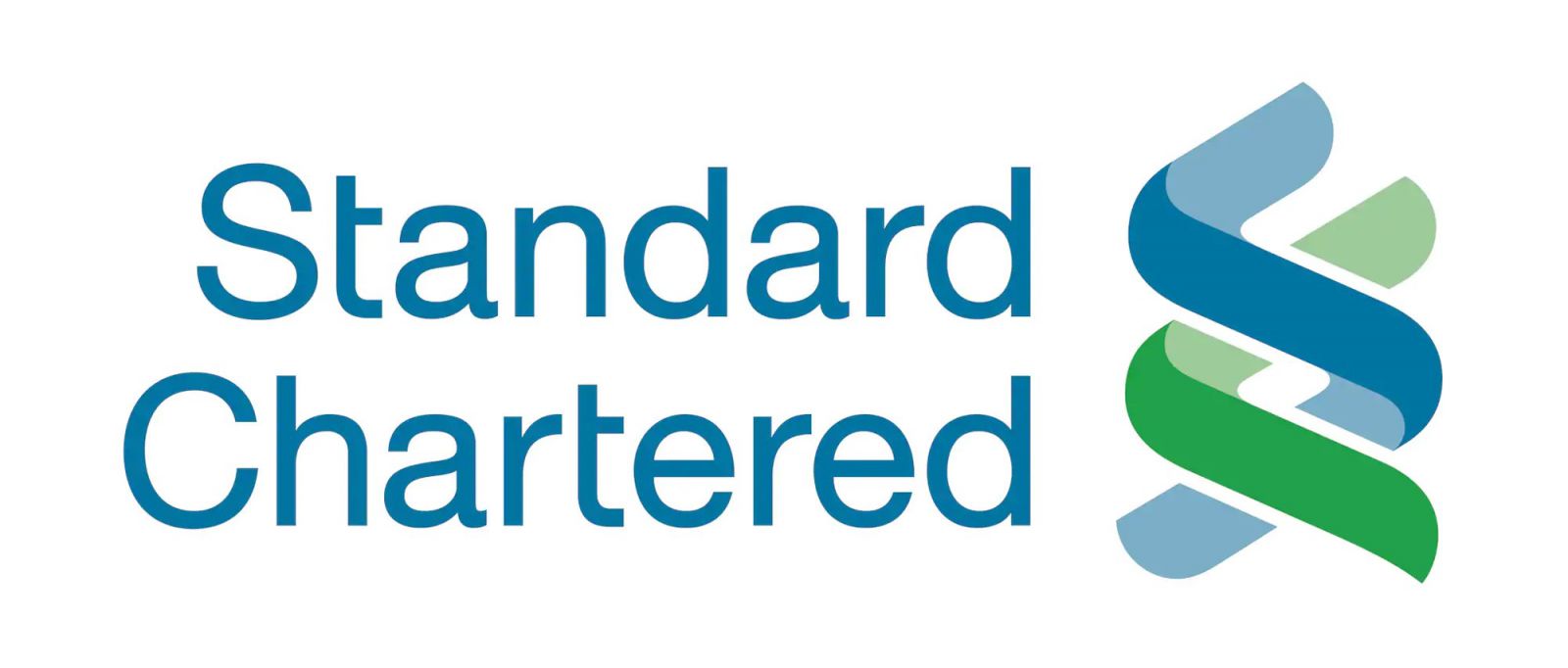Reports
StanChart Q2 Results Offer Scant Cheer

The emerging markets lender cautioned on the outlook for the rest of the year as profits fell in the second quarter, again hammered by heavy provisioning due to the pandemic.
Pre-tax profits at Asia-centric Standard Chartered fell 40 per cent year-on-year to $733 million. Healthy inflows were more than offset by credit and other impairments that reached $653 million for the quarter, up from $195 million registered a year ago. The UK/Hong Kong-listed bank beat analysts forecasts in spite of the low-rates and economic-contractions stories that are dominating second quarter earnings among the biggest lenders.
“Low interest rates and depressed oil prices continue to be headwinds and we expect new waves of COVID-19-related challenge in the coming quarters, but I am confident that our resilience and client franchise will see us through,” Bill Winters, group chief executive said in a statement yesterday.
Cost-to-income ratio at the emerging markets lender, which derives most of its income in Asia, was up by 5 per cent to 59 per cent, excluding credit risk adjustments. The bank said growth in the region was not enough to counter effects more globally of the pandemic. Operating income came in at $3.7 billion for the quarter down from $4.3 billion in the first quarter.
The bank said that it remained liquid and well-capitalised to weather the ongoing difficulties, and reported a CET1 ratio of 14.3 per cent, well above its medium-term target. Assets-to-deposits ratio fell to 62.7 per cent and liquidity coverage ratio increased to 149 per cent. The lender indicated a 50-point lift from the sale of its equity interest in the Indonesian-based Permata.
Based on the range of products, geographic diversity and tough cost controls, the bank reported significantly improved operating profits but warned that set asides for future loan losses because of COVID would further drag on profits. In the first six months, the bank reserved $1.5 billion in loan loss provisions but said it expects this to come down in the second half of the year as economies start to recover.
“We continue to believe that some of our larger markets will start to drive the global economy out of recession over the coming quarters but expect economic activity across our footprint in that period to be volatile and uneven,” group chair José Viñals said, as he cautioned that profits are likely to suffer for the rest of 2020. The bank has announced that jobs will go and is working on reskilling staff to move as many as possible internally. Winters has made it known that anyone laid off will recieve their full salary to the end of the year as well as a redundancy package.
Private banking
Impairment costs carried over from 2019 drove profits in Private
Banking down by 44 per cent. Profits in wealth management were
down by 13 per cent year-on for the second quarter. Assets under
management were down by 4 per cent to $63 billion.
Regionally
In Greater China and North Asia income grew by 2 per cent in
spite of disruptions caused by early lockdowns. Increased
provisioning again brought profits down by 15 per cent. The
region remains the largest contributor to pre-tax profits for the
bank, where Hong Kong is its largest market.
Like HSBC, Standard Chartered has come under fire for supporting the controversial national security law imposed by China on Hong Kong in June. The financial centre is also battling a severe recession, but in media briefings this week, Winters denied that business was shifting from Hong Kong to Singapore or that Hong Kong was being undermined as the gateway for capital flows into and out of China. Aviva, a major StanChart shareholder, has been "uneasy" about Hong Kong's political situation.
ASEAN and South Asia recorded double-digit income growth and lower expenses. Again, this was offset by impairments resulting in a 40 per cent profit drop. Underlying operating profit before taxation in the region was down by 76 per cent for Q2 2020 at $89 million, largely driven by higher credit impairment, the bank said.
Profits also fell heavily in Africa and the Middle East dropping by 80 per cent due to sharply lowering oil prices over the last three months and higher impairments.
Europe and the Americas performed better, with income up by 38 per cent as a result of strong financial markets performance. Profits increased to $356 million, up from $13 million in the same period last year.